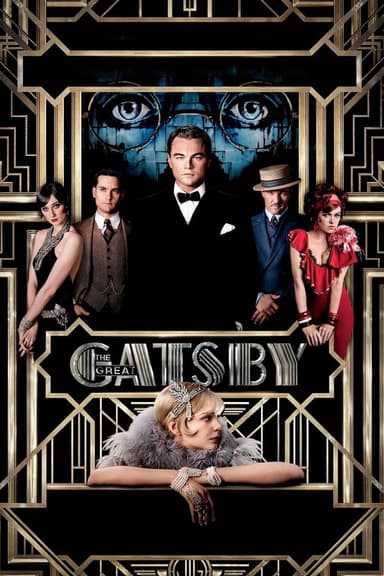
Rebecca
2020 • Drama, Mystery, Romance, Thriller • PG-13
After a whirlwind romance with a wealthy widower, a naïve bride moves to his family estate but can't escape the haunting shadow of his late wife.
Runtime: 2h 3m
Why you should read the novel
Daphne du Maurier’s Rebecca is a masterful Gothic novel, richly layered with psychological depth and tension that are best experienced through her evocative prose. The nuances of character motivations, the intricacy of the narrator’s insecurities, and the slow build-up of suspense make for a more immersive experience in print than on screen.
Reading the novel allows you to fully immerse yourself in Manderley’s atmospheric setting, piecing together the mystery at your own pace. Du Maurier’s powerful descriptions and narrative style create a haunting ambiance and an inner world that film adaptations can only briefly evoke.
The book offers intimate access to the unnamed heroine’s thoughts as she battles jealousy, fear, and the ghostly shadow of Rebecca. This literary exploration of memory, identity, and power rewards patient readers with a haunting story that lingers far beyond the closing page.
Adaptation differences
One of the main differences between the 2020 film adaptation and the book lies in its tone. While the novel is steeped in foreboding, suspense, and psychological tension, the film takes on a brighter, sometimes glossier look. This choice softens the mood, making the adaptation feel more like a romance than a true Gothic thriller, which alters the emotional resonance of the story.
Another important difference is the characterization of Maxim de Winter and the unnamed narrator. In the novel, Maxim is more ambiguous and withdrawn, leaving readers unsure of his true feelings or guilt, whereas in the film he appears warmer and more sympathetic, simplifying the complex power dynamic between him and his new wife. Similarly, the narrator in the book is plagued by insecurity and uncertainty, while the film’s version shows her with more confidence and agency.
The portrayal of Mrs. Danvers also differs considerably. Du Maurier crafts her as a cold, obsessive figure who dominates the household with calculated malice. The film, however, offers her more vulnerability and motivation, humanizing her character to an extent not present in the source material. This shift impacts the intensity of her antagonism and the atmosphere of menace she brings to Manderley.
Finally, the ending is notably altered. The book provides an ambiguous, shadowy conclusion that leaves much to the imagination and underscores the pervasive sense of loss and destruction. In contrast, the 2020 film presents a more resolved and optimistic closing, offering closure and the promise of a future for the protagonists, which significantly changes the lasting impact of Rebecca's story.
Rebecca inspired from
Rebecca
by Daphne du Maurier












